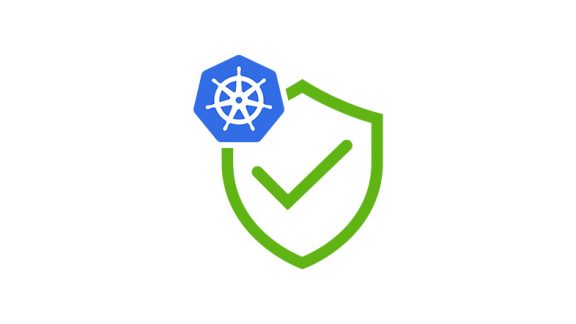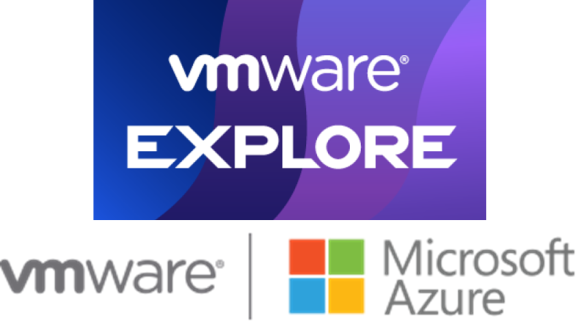Today, VMware and Pivotal are excited to announce the General Availability of PKS 1.1. PKS 1.1 supports Kubernetes 1.10, with new features spanning across four key areas – developer productivity, high availability, management and operations, as well as networking and security.
A purpose-built container solution to operationalize Kubernetes for multi-cloud enterprises and service providers, PKS can significantly simplify the deployment and management of Kubernetes clusters with day 1 and day 2 operations support.
New features of PKS 1.1 includes:
Developer Productivity: Kubernetes 1.0
A Certified Kubernetes offering with constant compatibility with GKE, PKS 1.1 ships with Kubernetes 1.10. Kubernetes 1.10 has a list of enhanced features around storage, node and resource management, programmability and security. To learn more about Kubernetes 1.10, read our blog here.
High Availability: Improved high availability with multi-AZ support
PKS 1.1 provides multi-AZ support. Enterprises can target Kubernetes cluster deployment into a placement zone to meet particular data affinity, governance and performance requirements. It improves high availability of the clusters by evenly spreading the cluster nodes across multiple AZs so that if one AZ goes down, the workloads can continue working properly without interruption.
Operations and Management: vRealize Log Insight Integration for Log Management and Analytics
PKS 1.1 features out-of-box integration with vRealize® Log lnsight to provide visibility into the core layers of the container platform, allowing pinpoint traceability and monitoring by intelligent data tagging. PKS 1.1 aggregates, tags, and ships all logs to Log Insight with searchable tags such as cluster, pod, namespace and container. In PKS 1.1, Log Insight integration is centrally managed with Operations Manager. It allows SSL encryption of log data in transit, as well as log limiting/throttling to prevent overflow or loss of data to the Log Insight endpoint.
 Log Insight provides visibility into Kubernetes workloads running on PKS
Log Insight provides visibility into Kubernetes workloads running on PKS
Wavefront by VMware Integration for Kubernetes Monitoring, Alerting and Containerized Applications Insight
PKS 1.1 delivers built-in integration with Wavefront by VMware for complete visibility into Kubernetes. It collects and sends metrics to Wavefront on-demand. Once PKS metrics are in Wavefront, they can be correlated with containerized applications and microservices performance metrics to help DevOps or SREs troubleshoot and alleviate any containerized application availability or performance issues. It also alerts on Kubernetes KPIs, which are configurable to send to chosen alert targets by email, PagerDuty or other DevOps tools. Learn more about Wavefront and PKS integration here.
 Monitoring Kubernetes workloads on PKS inside of Wavefront
Monitoring Kubernetes workloads on PKS inside of Wavefront
Integration with Harbor 1.5
PKS 1.1 ships with Harbor 1.5. Harbor is a trusted cloud native registry that stores, signs, and scans content, with the mission of providing cloud native environments the ability to confidently manage and serve container images. Harbor 1.5 includes exciting new features such as read-only mode for registry and label support. To learn more about Harbor 1.5, click here.
Networking and Security: Enhanced Network Management and Security with Deeper Network Isolation at Pod, Node and Cluster Level
With PKS 1.1, Kubernetes nodes are deployed on a separate subnet making it easier to apply security policies to isolate and secure the clusters from one another. In addition, the node networks can be created on an independent IP Block from the Pod Networks, providing greater flexibility and independence of network topology choices between Kubernetes node networks and pod networks.

Network isolation at Pod, Node and Cluster level for enhanced management and security
Improved Operations with Flexible Network Topology Choices
PKS 1.1 provides flexible network topology choices. The PKS control plane can be deployed within or outside NSX-T network. Also, users can choose to deploy Kubernetes nodes on either routable networks for better traceability, faster troubleshooting and auditing, or on non-routable networks to save IP address space and keep the node network IP address private.
HTTP/HTTP Proxy Support
PKS 1.1 allows operators to deploy PKS behind a secure HTTP/HTTPS proxy. This capability helps meet the security requirements of production deployments of Kubernetes. The Harbor registry service can also be deployed behind a HTTP/HTTPS proxy to allow for external access to CVE databases.
To learn more about PKS, please visit our website or register for one of the PKS workshops around the world in US, Europe and Australia so you can talk to PKS experts face to face.
To read PKS 1.1 GA blog from Pivotal, Click Here.









